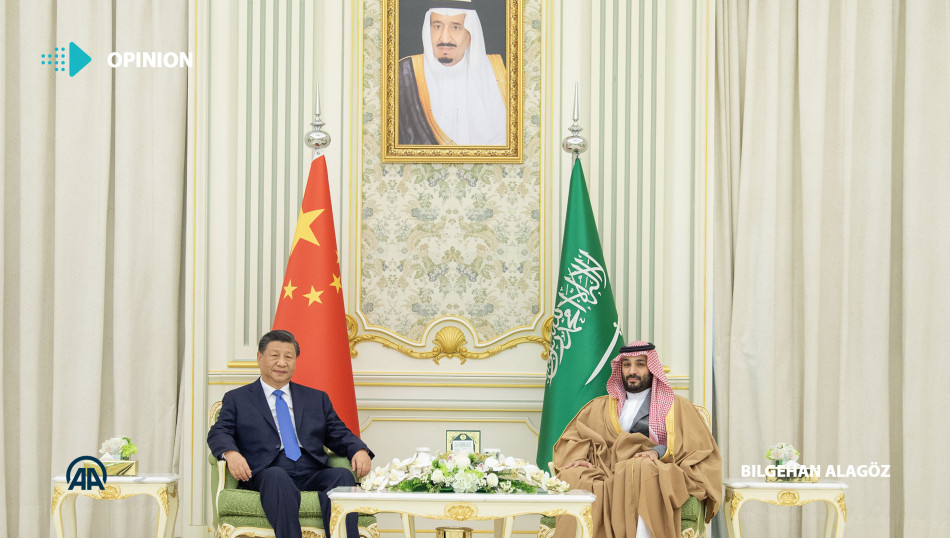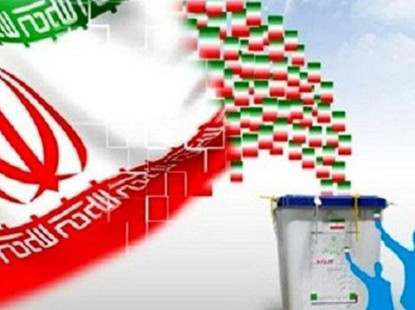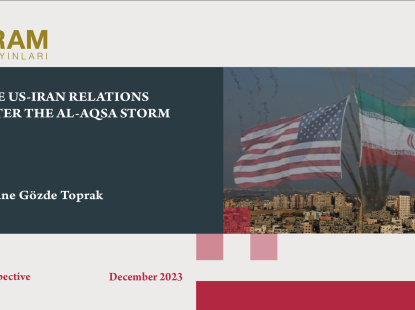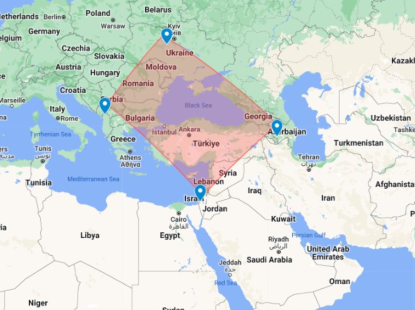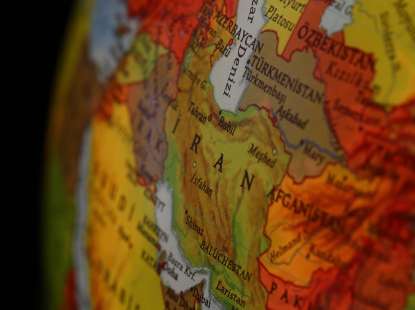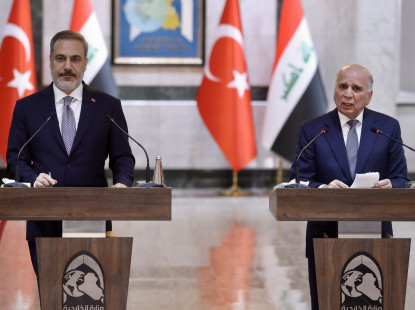The Codes of Xi Jinping's Riyadh Visit
Chinese President Xi Jinping visited Riyadh, the capital of Saudi Arabia, on December 7 to attend the first China-Arab States Summit and the first China-Gulf Cooperation Council (GCC) Summit in order to develop strategic relations between Arab countries and China. In this context, a bilateral summit between China and Saudi Arabia also took place. The foreign ministers of the GCC countries and China took the preliminary steps of this visit, which is a critical development for China's Middle East policy, during their meeting on the occasion of the United Nations (UN) General Assembly in New York on September 19, 2022. Gulf countries unanimously declared their support for the "One China Policy”.
Jinping held three meetings as part of his visit to Riyadh. The first of these is the meeting that took place in Riyadh between the President of China and the King of Saudi Arabia on December 8. On the same day, the Saudi newspaper Al Riyadh published an article titled “Carrying Forward Our Millennia-old Friendship and Jointly Creating a Better Future” with the signature of Jinping, which is an indicator of the importance China attaches to this meeting. Saudi Arabia has also shown that it considers negotiations with China significant by giving a flamboyant welcome. The Governor of Riyadh Province and the Saudi Foreign Minister welcomed Jinping while Saudi military jets accompanied his plane.
At the end of their meeting, the President of China and the King of Saudi Arabia signed a comprehensive strategic partnership agreement and decided to hold biennial meetings alternately between the two countries. In addition, they signed 34 investment agreements. According to the statements, these agreements cover numerous sectors such as green energy, information technology, transportation, logistics, medical industries, housing, and factory construction. A joint statement was also published at the conclusion of the Saudi-Chinese Summit.
The second pillar of Jinping's visit to Riyadh was the first China-Arab States Summit, which took place on December 9. In this context, it is important to remind that China has carried its relations with the Arab world to a strategic dimension through the declaration titled “Vision and Actions on Jointly Building Silk Road Economic Belt and 21st-Century Maritime Silk Road” in 2015, a part of China's Belt and Road Initiative, which has been on the agenda since 2013, and the declaration titled “Arab Policy Paper” in 2016. Indeed, 20 Arab countries have signed documents with China regarding the Belt and Road Initiative so far, and 17 Arab countries supported the Global Development Initiative (GDI), announced by the Chinese President to the world public at the Boao Forum for Asia on April 2022, while 15 Arab countries have become members of the Asian Infrastructure Investment Bank. In addition, China has established 20 Confucius Institutes in Arab states and has started teaching Arabic as a major in more than 40 Chinese universities.
In this scope, the first China-Arab States Summit represents an important step in terms of institutionalizing the relations between China and the Arab world. China, which has preferred to remain neutral in the political disputes in the Middle East in principle, seems to tend towards abandoning this stance. At the end of the meeting, Jinping stated that China supports granting Palestine full membership in the UN, a two-state solution, and the establishment of a Palestinian State in accordance with the 1967 borders which recognizes East Jerusalem as the capital.
Given that China has been trying to deepen its relations with Israel in recent years, these statements about Palestine have been remarkable. However, it is crucial to note that Israel has recently started to distance itself from China with the influence of US pressure. Israel has come closer to the view that China's technology transfers, the economic dependence it has created, and potential supply chain problems pose a potential risk to its national security. It is possible to evaluate China's statements about Palestine as a response to this recent change in Israel.
The third pillar of Jinping’s Riyadh visit was the first China-GCC Summit, which took place on December 9. First of all, the timing of this meeting is significant. Because, a few days ago, on December 5, the Gulf countries held the OPEC+ meeting with all the member states, and they announced that they would continue to follow the decision to reduce production, taken on October 5, until the end of 2023. This decision, which directly concerns oil prices, is significant for China since it is the largest oil and gas importer in the world since 2017, and it imports 40% of its oil from Arab countries in the Persian Gulf. According to media reports, Jinping is about to abandon the "Dynamic zero-COVID” approach in the coming months, which has suppressed China's economic growth and reduced oil consumption. It will likely cause an increase in global oil prices. Thus, Jinping has focused on convincing GCC members, who are major oil exporters, to increase production. In this context, the most striking issue at the first China-GCC Summit has been Jinping’s suggestion that China should trade oil and gas with yuan to the Gulf countries, and the Shanghai Petroleum and Natural Gas Exchange should be the platform to realize this plan. If China, which has been claimed to have had meetings on the issue with Saudi Arabia for a while, trades oil and gas in yuan instead of dollars, this development will undoubtedly affect the entire global economy directly.
Another crucial issue concerning the first China-GCC Summit is the publication of statements about Iran in the final declaration. The text, which invites Iran to full cooperation with the IAEA (International Atomic Energy Agency), defines Iran's regional activities as destabilizing actions and states that Iran supports illegal armed organizations. Moreover, the declaration mentions that the issue regarding the status of Abu Musa, Greater Tunb, and Lesser Tunb islands, which have been under Iranian administration since 1971 but claimed by the UAE, should be resolved through bilateral negotiations in accordance with the rules of international law. Nevertheless, Iran claims that its sovereign rights over the islands are absolute and unwavering, and it considers the claims of the UAE unfounded. In line with this, Iranian Foreign Minister Hossein Amir-Abdollahian made the following statement on his Twitter account on December 10: “The three islands of Abu Musa, Greater Tunb, and Lesser Tunb in the Persian Gulf are inseparable parts of Iranian soil and eternally belong to this motherland. We have no qualms about the necessity of other parties respecting Iran's territorial integrity.” Subsequently, the Chinese Ambassador to Tehran was summoned to the Iranian Ministry of Foreign Affairs in order to convey this discomfort regarding the issue. On the other hand, as previously announced, Vice Premier of the People's Republic of China Hu Chunhua is expected to visit Iran this week.
Undoubtedly, it will make Iran-UAE relations more tense, which have deteriorated since the signing of the Abraham Accords with Israel in 2020. However, the most striking point here is that China has approved this text as a country with which Iran has deepened its strategic relations in the axis of its Look to the East policy. Having signed a 25-Year Comprehensive Cooperation Agreement with Iran on March 2021, China cooperates with Iran in many areas and instrumentalizes Iran nearly as a proxy force in Iraq. Therefore, it does not seem likely that China will adopt an attitude that will radically deteriorate its relations with Iran. Still, China's increasing energy needs pave the way for the country to see its relations with the Arab countries of the Gulf as strategic. So, while Iran recognizes its relationship with China (Russia is also in this category) as an absolute alliance, these recent developments revealed that China does not see Iran in a more strategic position than the Arab Gulf countries. This whole process will pave the way for raising the voice of those who are uncomfortable with Iran's Look to the East policy and consider the revival of the Nuclear Deal vital.
